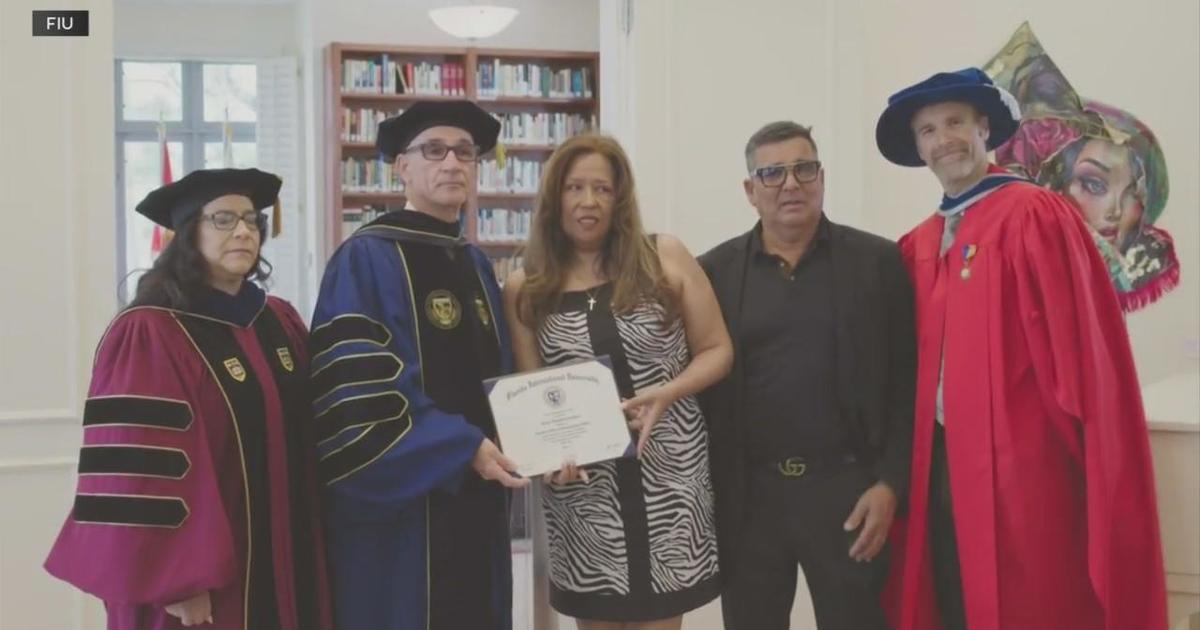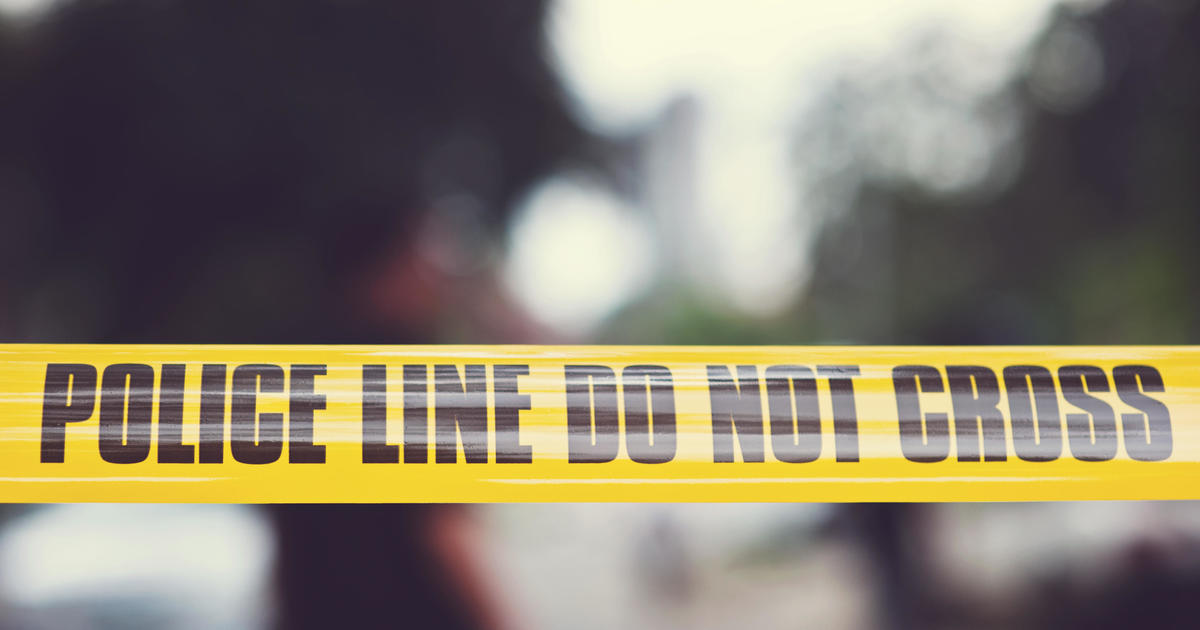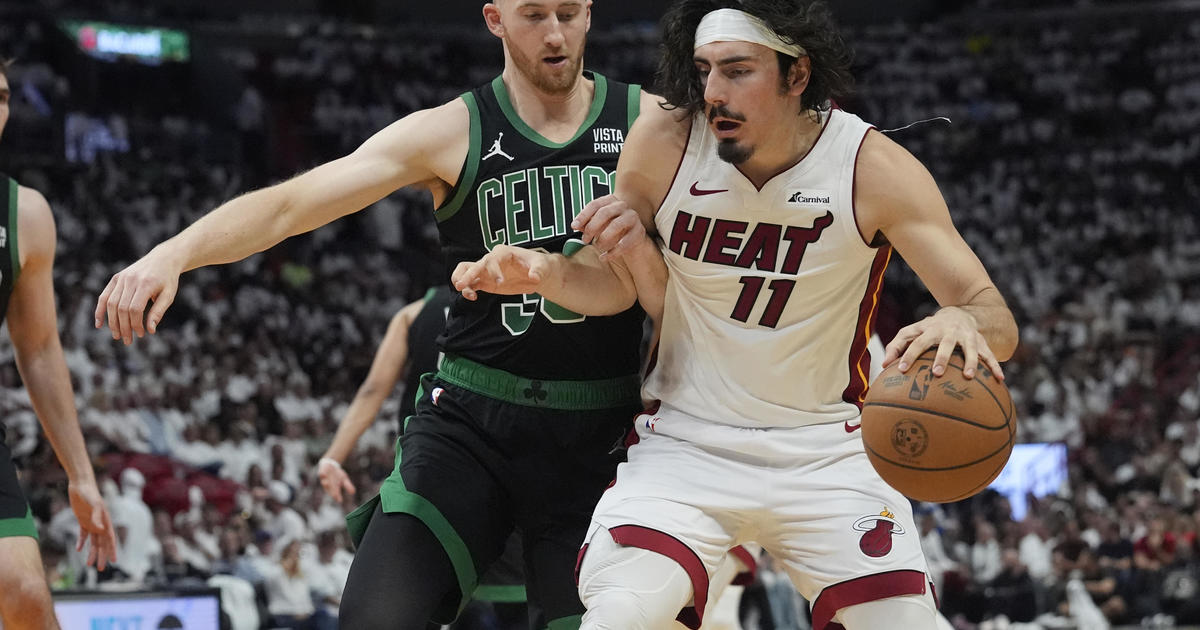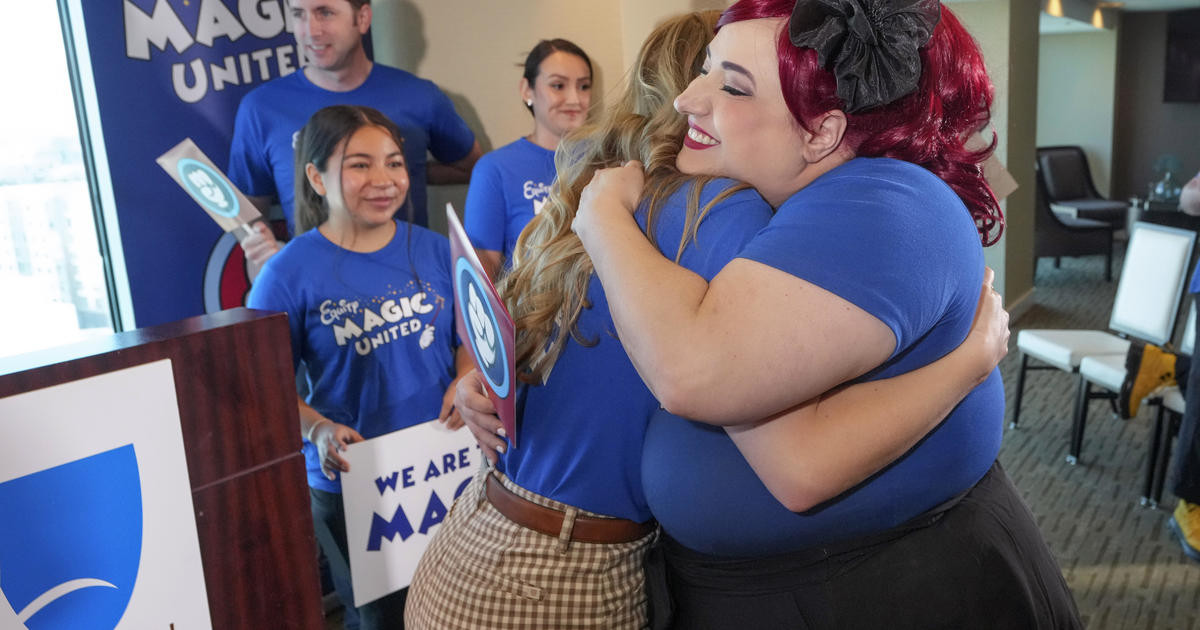Bronny James continues his recovery following sudden cardiac arrest
Bronny James, the 18-year-old son of NBA star LeBron James, has been released from the hospital after suffering a sudden cardiac arrest during a practice Monday with his team, the University of Southern California.
"Thanks to the swift and effective response by the USC athletics' medical staff, Bronny James was successfully treated for a sudden cardiac arrest," a statement from Cedars-Sinai cardiologist Dr. Merije Chukumerije said Thursday.
"He arrived at Cedars-Sinai Medical Center fully conscious, neurologically intact and stable," Chukumerije said. "Mr. James was cared for promptly by highly-trained staff and has been discharged home, where he is resting."
The athlete, who was first taken to the ICU before being stabilized, will continue to be monitored following the unusual medical incident, though doctors remain optimistic, Chukumerije said.
"Although his workup will be ongoing, we are hopeful for his continued progress and are encouraged by his response, resilience, and his family and community support," Chukumerije said.
Earlier on Thursday, LeBron James made his first public statement about his son's health scare, thanking fans for their support.
"I want to thank the countless people sending my family love and prayers. We feel you and I'm so grateful," the Los Angeles Lakers star wrote on social media. "Everyone doing great. We have our family together, safe and healthy, and we feel your love."
"Will have more to say when we're ready but I wanted to tell everyone how much your support has meant to all of us!" he added.
On Friday, Bronny James made his first public appearance since suffering cardiac arrest. He was seen with his parents and siblings, Bryce and Zhuri. The family went for dinner in Santa Monica, California.
LeBron James also posted a video of his son at home on Saturday. In the short clip, Bronny James is seen playing the piano for a few seconds before smiling and standing up. The basketball star praised his son in the video caption.
"We're here right with you every step of the way," he wrote, in part.
Bronny James, who was a top recruit for college basketball, signed his letter of intent in May to join USC's basketball program. He is expected to be a potential pick for the NBA draft next year.
His collapse marks the second time a USC player has suffered a cardiac arrest — the first happened last year to Vince Iwuchukwu during an informal practice.
Cardiac arrest, which the American Heart Association says occurs when the "heart malfunctions and stops beating unexpectedly," is rare in young athletes, though it is not unheard of. In fact, cardiac arrest, which is different from a heart attack, is the leading cause of death for young athletes in the U.S.
Buffalo Bills safety Damar Hamlin, 25, also suffered a cardiac arrest earlier this year after being hit with a helmet in the chest during an NFL game.
In Hamlin's case, as in others, medical workers used CPR and automated external defibrillators to revive the patient's pulse. If used within the first minute of the cardiac event, chances of survival are close to 90%, according to an AED retailer.
Dr. Celine Gounder, a CBS News medical contributor, said there are several scenarios that can result in a cardiac arrest.
For example, an athlete could have hypertrophic cardiomyopathy, a thickening of the heart muscle that is often observed in elite athletes and sometimes in individuals with certain genetic predispositions. Another reason for cardiac arrest could be commotio cordis, in which a sudden blow to the chest disrupts the cardiac rhythm, leading to cardiac arrest. A third possible scenario could be a genetic arrhythmia, an abnormal heart rhythm, Gounder explained.
Gounder highlighted a study by the University of Washington that found that of NCAA athletes, Black male college basketball players are at the highest risk of sudden cardiac deaths. The reason for this is unknown.
Elite athletes are typically screened for cardiac abnormalities with an EKG and echocardiogram, which can detect hypertrophic cardiomyopathy.
Since James' collapse, there has been speculation from anti-vaccine proponents that COVID-19 vaccines could be unsafe and linked to cardiac events — something Gounder says is untrue and unrelated.
"Over 80% of the American population has now had a COVID vaccination if not more than one," she said. "That would be like saying, 'I need my tooth pulled out next week. That must be because I had a COVID vaccine vaccination.'"



